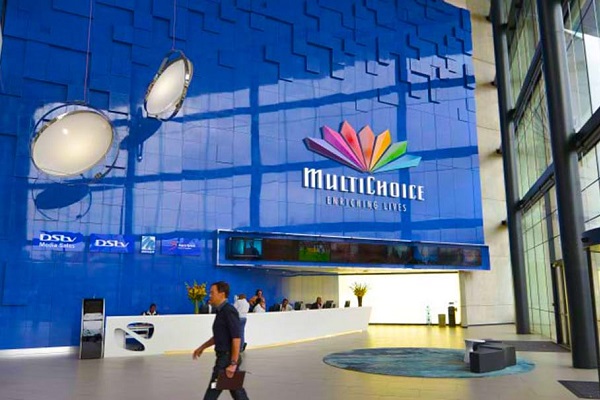Nigeria Implements New Tax Framework for Digital Workers, Targeting 18% Tax-to-GDP Ratio
Starting January 2026, Nigeria will extend its personal income tax regulations to encompass remote workers and freelancers, implementing a maximum tax rate of 25% as part of comprehensive tax reforms aimed at boosting national revenue.
Taiwo Oyedele, who heads the Presidential Fiscal Policy and Tax Reforms Committee, detailed the new framework during a Friday media session, emphasizing individual responsibility in tax compliance. “You are supposed to report yourself, calculate your tax, and pay if your income is above the threshold,” he stated.
The initiative follows Nigeria’s June 2025 tax reform legislation, which seeks to dramatically improve the country’s tax-to-GDP ratio from its current sub-10% to 18% by 2027. The new system introduces strict penalties for non-compliance, ranging from ₦50,000 ($34.11) for minor infractions to ₦1 million ($682.28) or three-year imprisonment for serious violations.
To ensure comprehensive enforcement, Nigeria has established international partnerships and technological infrastructure. The country recently secured approval for an international tax code and maintains information exchange agreements with over 100 nations. Additionally, the government plans to collaborate with major tech platforms like Google and Meta to track payments to Nigerian citizens.
“We already have information about what many Nigerians are doing abroad,” Oyedele revealed, noting that the government can request income reports from major payment platforms.
The initiative aligns with Nigeria’s broader digital transformation in tax administration. The government aims to collect ₦17.85 trillion ($12.18 billion) in tax and customs revenue by 2026, utilizing platforms like TaxPro Max for digital tax management. The Federal Inland Revenue Service (FIRS) is also integrating its systems with key agencies including NIBSS, NCS, NCC, and CAC to enable real-time verification of tax compliance.
This comprehensive approach represents Nigeria’s most ambitious effort yet to modernize its tax system and capture revenue from the growing digital economy sector.
(Exchange rate: ₦1,465.68/$)







Leave a Comment